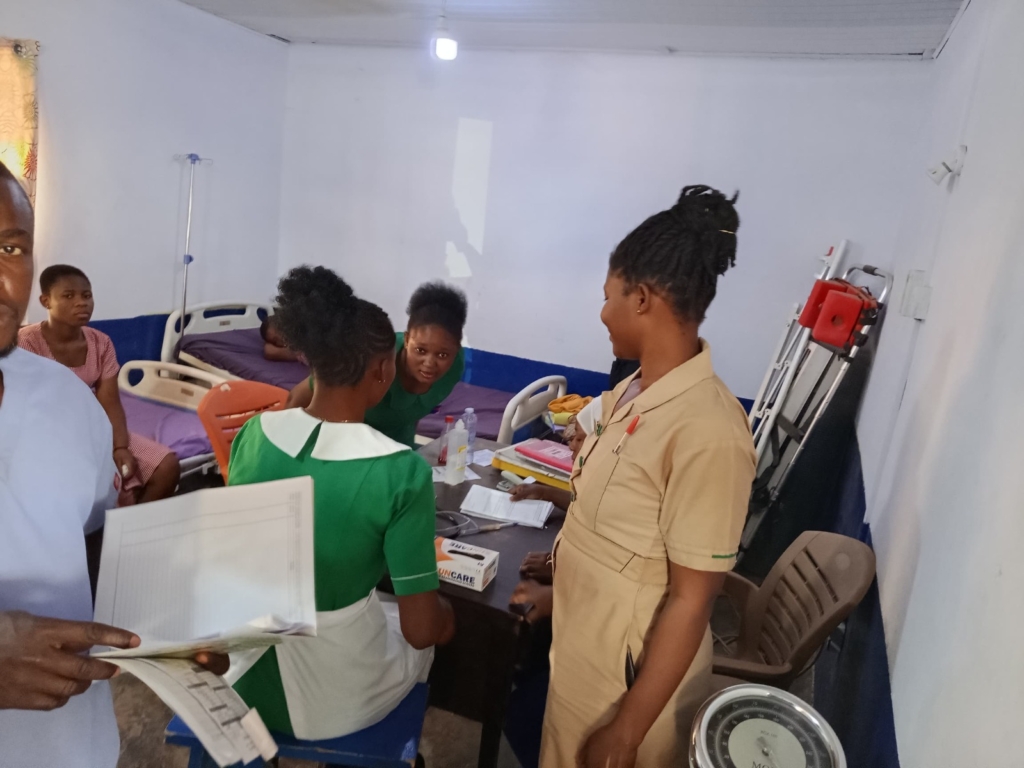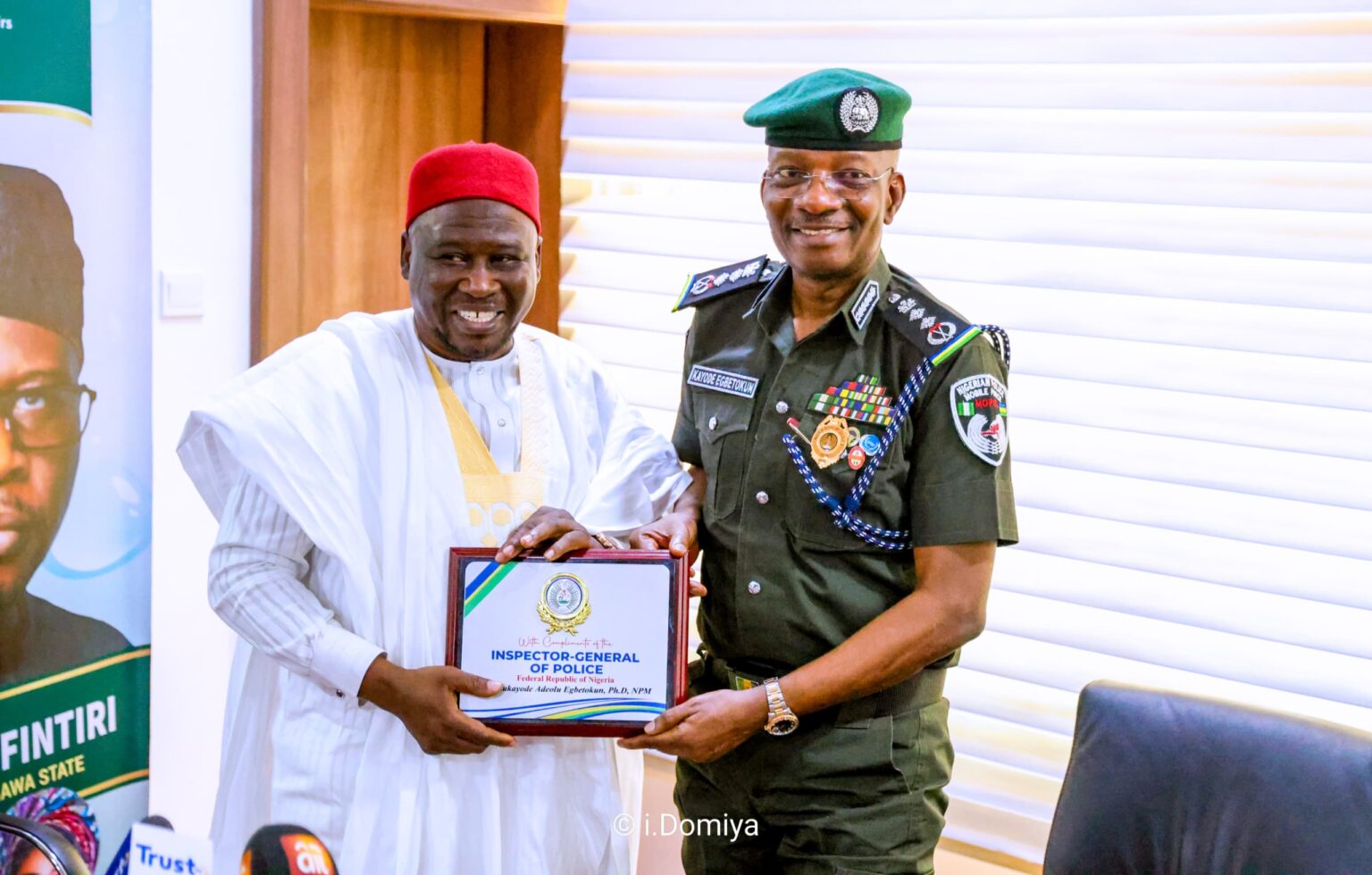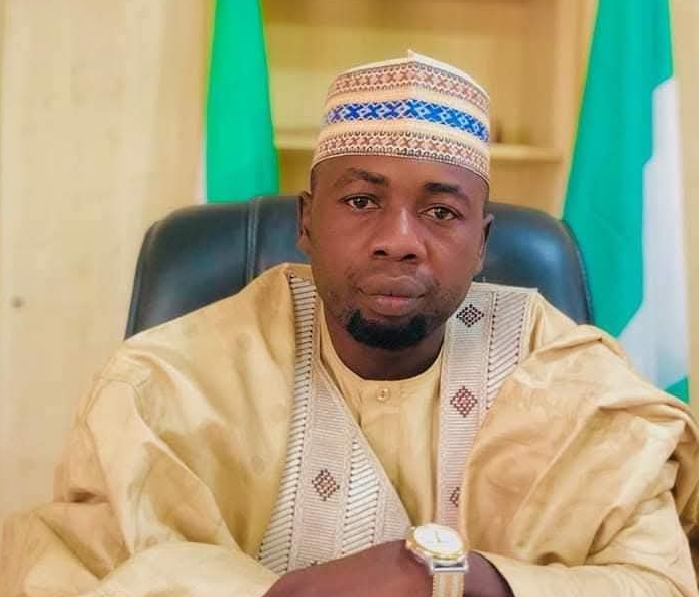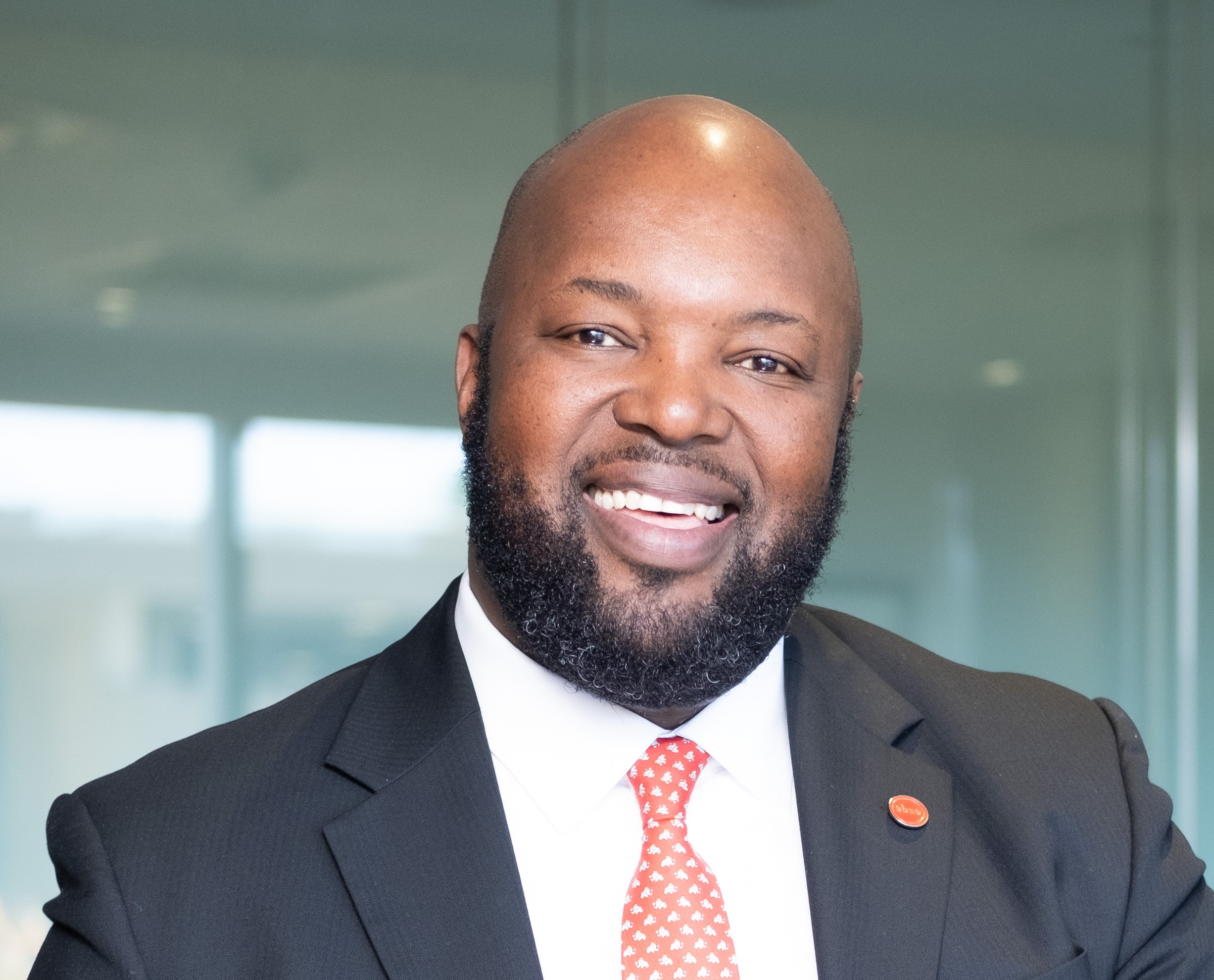
In the heart of West Africa, Burkina Faso has been undergoing a profound transformation under the leadership of Captain Ibrahim Traoré. Ascending to power in 2022, Traoré has embarked on a mission to redefine the nation’s identity, distancing it from colonial legacies and fostering a renewed sense of autonomy. A pivotal move in this direction was the recent decision to ban British and French colonial-style wigs in the judiciary—a symbolic yet significant step towards decolonizing the country’s legal system.
The Rise of Ibrahim Traoré
Born on March 14, 1988, in the village of Kéra, Bondokuy, Mouhoun Province, Ibrahim Traoré’s early life was marked by academic excellence and a burgeoning sense of patriotism. After completing his primary education in Bondokuy, he attended high school in Bobo-Dioulasso, where peers remember him as a quiet yet exceptionally talented student. In 2006, Traoré pursued higher education in geology at the University of Ouagadougou. During his university years, he became actively involved in student organizations, notably the Association of Muslim Students and the Marxist-oriented Association Nationale des Étudiants du Burkina (ANEB). His leadership qualities shone through as he ardently defended his classmates’ rights, earning him respect and recognition.
Driven by a desire to serve his nation, Traoré enlisted in the Burkinabé army in 2009, honing his military acumen at the Georges-Namoano Military Academy. His dedication and prowess led him to various assignments, including a notable stint with the United Nations peacekeeping force in Mali (MINUSMA). There, he demonstrated commendable bravery during intense rebel confrontations in the Tombouctou Region. Upon returning to Burkina Faso, Traoré played a crucial role in counter-insurgency operations against escalating jihadist activities, particularly in the northern regions. By 2020, his exemplary service saw him rise to the rank of captain.
However, Traoré’s frontline experiences exposed him to systemic challenges within the military—most glaringly, the inadequate equipment provided to soldiers juxtaposed against political corruption. This disillusionment galvanized him and like-minded officers to advocate for change, culminating in the ousting of then-interim president Paul-Henri Sandaogo Damiba in September 2022. At just 34, Traoré assumed the mantle of leadership, becoming the world’s youngest serving president at that time.
Decolonizing the Judiciary: Abolishing Colonial Wigs
One of the most emblematic reforms under Traoré’s administration has been the abolition of colonial-era judicial wigs. For decades, Burkina Faso’s legal professionals donned British and French-style wigs—a vestige of colonial rule that many felt was incongruent with the nation’s cultural identity. In January 2025, the government decreed the cessation of this practice, mandating that judges and lawyers adopt attire that reflects indigenous traditions and values.
This move is more than a mere change in courtroom dress code; it signifies a broader commitment to shedding colonial imprints and reinstating national pride. By embracing traditional garments, the judiciary not only honors Burkina Faso’s rich cultural heritage but also makes the legal system more relatable and accessible to its citizens.
A Broader Decolonization Agenda
The ban on colonial wigs is a facet of Traoré’s expansive decolonization strategy. His administration has been proactive in revisiting and revising various sectors influenced by colonialism:
- Education: Curricula are being overhauled to prioritize African history, languages, and perspectives, ensuring that students gain a more authentic understanding of their heritage.
- Economy: Efforts are underway to reduce dependency on former colonial powers by fostering local industries and seeking diversified international partnerships.
- Foreign Policy: A deliberate pivot from traditional alliances has seen Burkina Faso strengthening ties with nations like Russia and Turkey, reflecting a desire for partnerships rooted in mutual respect and benefit.
Challenges and Criticisms
While Traoré’s decolonization initiatives have garnered substantial domestic support, they are not without challenges. Critics argue that rapid shifts in foreign alliances and internal policies could lead to instability. The transition from established systems to new paradigms requires meticulous planning to ensure that the populace is adequately prepared and that essential services remain uninterrupted.
Moreover, the insurgent threats that have plagued Burkina Faso pose ongoing security concerns. Traoré’s administration must balance its ambitious reform agenda with the immediate need to safeguard its citizens and maintain territorial integrity.
A Wake-Up Call for Africa
Burkina Faso’s journey under Captain Ibrahim Traoré serves as a poignant reminder to African nations about the importance of self-determination and cultural reclamation. The move to abolish colonial-era judicial wigs is emblematic of a broader continental awakening—a call to honor indigenous identities, rectify historical injustices, and chart futures that resonate with the aspirations of their people.
As Africa stands at the crossroads of tradition and modernity, Burkina Faso’s experience underscores the transformative power of leadership that is both visionary and rooted in the collective consciousness of its citizens. The path to decolonization is fraught with challenges, but with unwavering commitment, it paves the way for a more equitable and self-assured continent.
Captain Ibrahim Traoré’s ascent to leadership and his subsequent reforms reflect a nation in pursuit of its true identity. By confronting and dismantling colonial legacies, Burkina Faso is not only redefining its own narrative but also inspiring a broader African renaissance. The abolition of colonial-style judicial wigs is a testament to the country’s dedication to cultural authenticity, sovereignty, and the empowerment of its people.
In embracing its heritage and forging new alliances, Burkina Faso exemplifies the resilience and dynamism inherent in African nations. As the continent continues to navigate its post-colonial journey, the lessons from Traoré’s leadership offer valuable insights into the transformative potential of decolonization and the reclamation of indigenous









